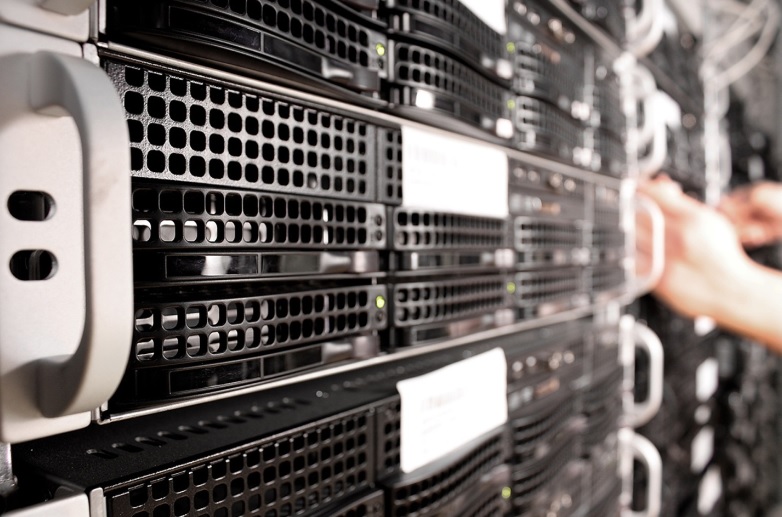If your business has grown significantly, you may need to buy the first server. Purchasing the equipment is a very important decision. The quality, speed, and security of your workflow depend on modern network solutions. With the help of this guide, we will clarify the main points that could help you determine which type of server will best suit your needs.
If you actively use network equipment and servers, a great decision is to get a 4G mobile proxy USA business subjects approve and recognize. Check out the offer provided by the Soax.com service. Use it at any point on the map. The platform supplies 100% privacy and worldwide proxy coverage. Try it and you won’t be disappointed.

The Fundamentals You Should Understand
What distinguishes a server from a regular computer? Foremost, working time. Domestic appliances are not intended for continuous operation. The servers, on the other hand, can work for years. They are also distinguished by their construction. Professional servers that are subject to unbroken use are equipped with a constant power supply, adequate ventilation, many hard drives, and extensive RAM memory. They also have numerous security systems that protect users from data loss. As a result, this equipment makes the data sharing and analysis faster and collects all the documents and important files. The technical server support complex would not be coherent without a backup capability, and it is one more advantage of the network system. Besides all that, there is an opportunity to have the remote data access that makes a workflow convenient.
Servers are often used for CRM or ERP systems, mail gathering, digital archives or databases, project cooperation, and so on. They can host an intranet portal so that employees can exchange information quickly and without delay. At the same time, you don’t need to worry about your data privacy, account safety, or hacking — servers have a great security level. Bear in mind that when your business operations become more complicated, it makes sense to think about your server upgrade.
Choose the Server that Meets Your Requirements
The most well-known server manufacturers are Hewlett-Packard, Lenovo, International Business Machines, Oracle, and Dell. Choosing the right equipment depends largely on the applications you intend to run on it If:
- your organization employs more than ten computer users;
- you need a mail or print server;
- you plan to work with a complex database or work in specialized server applications (such as ERP or CRM);
- you have solid storage requirements or need the ability to perform large-scale virtualization.
Then it is worth considering a full version of the server:
- tower type servers;
- rack-mounted servers;
- blade type servers.
They are distinguished by their features and characteristics. Let’s have a quick overview of it.
Tower Servers
These servers are frequently mistaken for the system unit. They can be floor-mounted, tabletop-mounted, or rack-mounted. Because tower servers do not require fans for cooling, they are quieter than other forms of server gear. Even when arranging virtualization, high-end “tower” servers with a strong CPU, a lot of RAM, and a lot of hard drives can assist. The extensive remote-control capabilities of the equipment is a benefit, but it also has limited scalability.
Rack Servers
Consider acquiring rack servers if you do not rule out the option of extending the equipment. This model has a standard width (fits 19″ racks) and height (a multiple of 1.75″ or 1U; a standard rack is 42U high). It enables the placement of servers in a reasonably small space and typically includes the cable necessary for connectivity. It is important to remember that rack servers require more active cooling than tower servers due to their proximity.
Blade Servers
This network equipment is housed in an enclosure or chassis. Such important elements as Ethernet change for better productivity, firewall systems, load balancers that make your traffic flowless can be installed in a rack. When you add some components to your server, you don’t need to find extra connectors because the chassis produces energy, refrigerates, and controls the data flow and connections within all parts of the system. The blade equipment is smaller and may employ more computer resources than any other network complex, but the investment is substantially larger because additional infrastructure must be purchased.
The Takeaway
We have looked at the various network options that you can purchase for your company. The spread is very large, so you should determine the tasks that the equipment will solve, assess the conditions for using it, and realize what characteristics the server should have. Compare prices for new and used servers. In the end, order your ideal solution.
